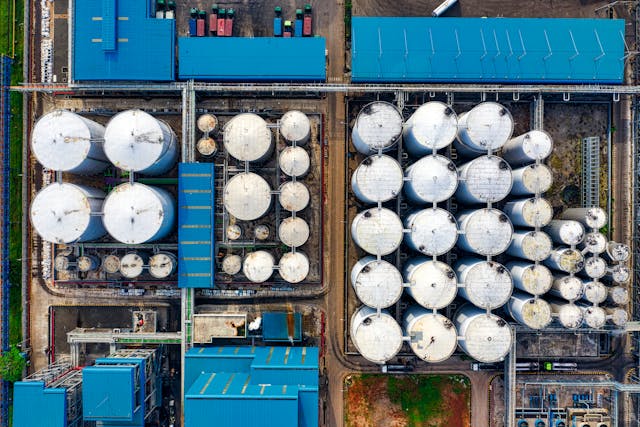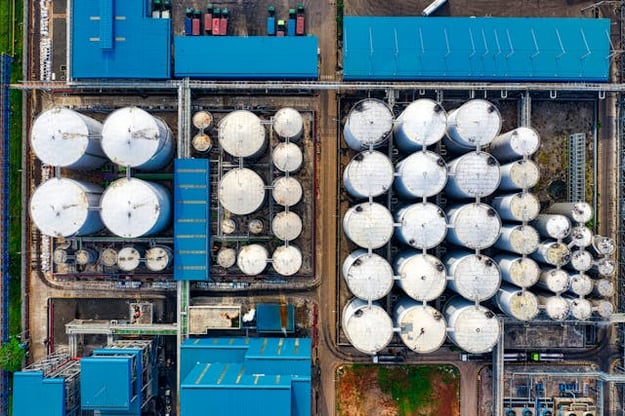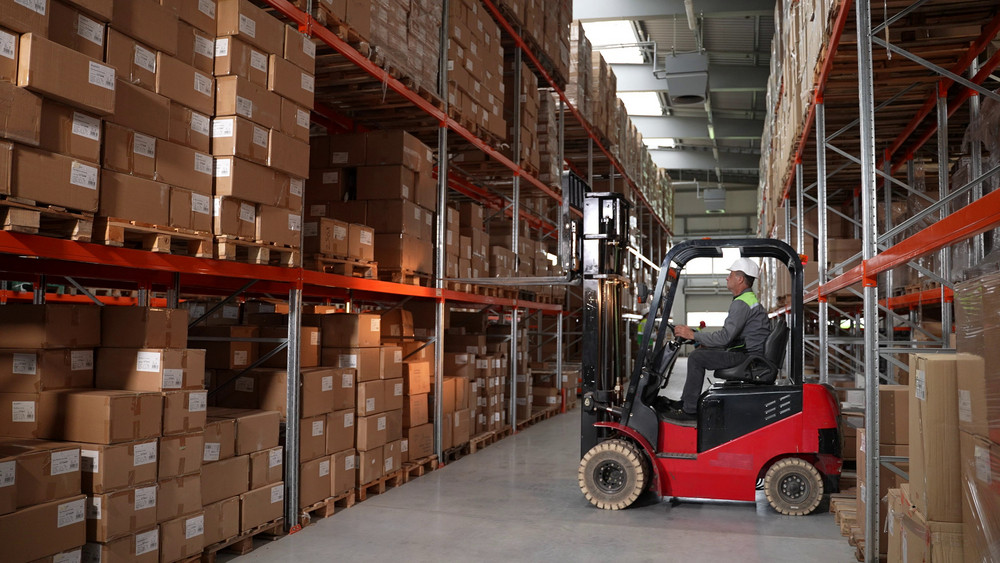Optimizing Your Manufacturing Process: The Role of Storage Solutions in Streamlining Operations


In the competitive world of manufacturing, efficiency is the linchpin of performance and profit. You must optimize every component of the production line for peak performance. This includes how to store materials and products. Storage solutions play a critical role in streamlining operations, by saving space, but also by enhancing the overall workflow, and reducing operational costs. Understanding how to integrate effective storage solutions can significantly impact the productivity of your manufacturing process.
It’s not merely about having enough storage, but about implementing smart, scalable storage systems that grow with your business and adapt to evolving market demands.
1. Efficiency in Material Handling
Efficient storage solutions significantly improve material handling processes by reducing the time and effort to access raw materials and finished products.
Proper storage systems ensure that materials are easy to locate and retrieve. This minimizes downtime and enhances the flow of goods through the manufacturing line. For example, configure modular shelving and pallet racking to maximize vertical space and reduce footprint. This can allow for quick material turnover and easier access.
Furthermore, sophisticated automated storage and retrieval systems (ASRS) can drastically cut down retrieval times, enhance inventory control, and decrease labor costs.
These systems automatically deliver items to the production line precisely when needed, streamlining the assembly process and reducing wait times for vital components.
2. Quality Control Enhancement
Good storage practices are essential for maintaining product quality. Conditions like temperature, humidity, and sanitation play a key role in preventing damage to sensitive materials such as electronics or pharmaceuticals. For materials like metal sheets, using specialized Sheet Metal Storage Racks can help keep inventory organized and accessible, reducing the risk of damage and improving workflow.
Advanced storage solutions maintain optimal conditions for specific goods to prevent spoilage or degradation, ensuring that high-quality products reach consumers.
Additionally, efficient storage systems help in implementing first in, first out (FIFO) or last in, first out (LIFO) inventory management techniques more effectively.
These practices are critical in managing perishables or items with expiration dates, discerning batch quality issues quickly, and minimizing waste due to unsold or unusable stock.
3. Cost Reduction Strategies
Effective storage solutions lead to significant cost savings by maximizing space efficiency and reducing waste. When every square foot can be utilized better, the need for expanding physical premises can be delayed or altogether avoided.
Moreover, by enhancing inventory accuracy through improved storage systems, companies can avoid overproduction and overstocking which tie up capital in unsold goods.
Streamlined storage facilities equipped with intelligent management systems can provide precise information on inventory levels, helping firms maintain leaner inventories and improve cash flow.
4. Scalability and Flexibility
As businesses grow, their manufacturing process and storage needs change. A scalable storage solution can adapt to increasing demand without requiring a complete redesign of the warehouse layout.
Adjustable racking systems, for instance, can be reconfigured to accommodate different size products or fluctuating inventory levels without significant disruptions.
Flexibility in storage is also critical for manufacturers who handle diverse products or seasonal shifts in demand. Modular components easily expand or change to allow businesses to respond quickly to market changes without compromising operational efficiency or employee safety.
5. Partnering With Expert Manufacturers
To achieve all these benefits from a modernized manufacturing storage system, it is essential to partner with reputable storage solution providers or leading stainless steel tank manufacturers.
Experts in the industry bring valuable insights into setting up resilient and effective staging areas. These cater specifically to your product’s nature and your industry’s compliance requirements.
Partnering with such manufacturers ensures you procure high-quality durable tanks that offer excellent longevity under industrial conditions. Furthermore, this protects materials from contamination while optimizing material use during production.
The Bottom Line
Fine-tuning your manufacturing process starts with optimizing every segment. Especially your storage solutions. By investing in efficient methods of storing materials, you will enhance production efficiency, have better quality control, reduce costs, and have greater scalability. This holistic improvement of operations leads to heightened productivity and significant gains in customer satisfaction scores. Thereby, making it a winning strategy in today’s fast-paced markets.
FAQs
How do automated storage and retrieval systems (ASRS) enhance manufacturing efficiency?
Automated Storage and Retrieval Systems (ASRS) enhance manufacturing efficiency by reducing the time needed to retrieve materials and deliver them to production lines.
These systems automate the movement of goods, which decreases manual handling errors, lowers labor costs, and speeds up the production process.
Can efficient storage solutions impact product quality?
Efficient storage solutions can significantly impact product quality by maintaining optimal conditions for storing materials and finished products. This includes controlling temperature, humidity, and other environmental factors that could potentially damage materials.
Proper storage systems ensure that products are preserved in their best condition until they reach the end consumer.
What should be considered when designing a scalable storage solution for a manufacturing facility?
First of all, estimate the flexibility of the system to adapt to changing manufacturing process needs and inventory levels. Other than that, you should also consider the types of products being stored, space constraints, and potential future growth of the company.
Adjustable and modular systems are preferable as they can be easily reconfigured as requirements change.
Are there cost-effective methods to implement advanced storage solutions?
One cost-effective strategy is implementing phase-wise upgrades instead of a complete overhaul. Another way is to prioritize areas where improvements can yield the highest return on investment. Additionally, leveraging technology such as warehouse management software can optimize existing setups without extensive physical changes.









